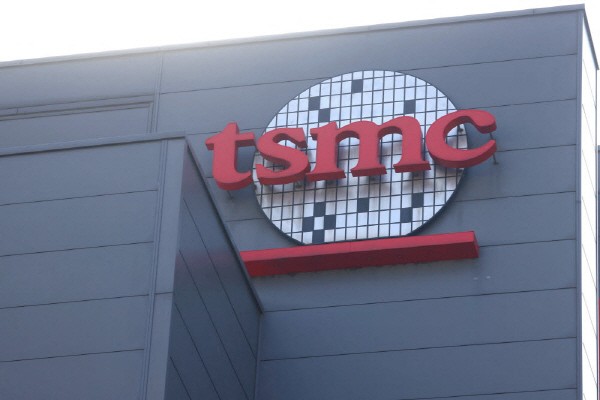
TSMC has started mass production of semiconductors with a 3-nanometer process. It has been almost half a year since Samsung Electronics started the world's first 3-nano process. It is expected that attracting more large customers with stable yields will be the key competitiveness that will determine victory or defeat.
TSMC held a ceremony in Taiwan on the 29th and formalized start of their mass production of the 3-nano process. TSMC's 3-nano process is known to deliver improved speed by 10-15% and power efficiency by 25-30% compared to the existing 5-nano process.
TSMC's 3-nano process is currently FinFET structure, which is the most mainstream. It contrasts with Samsung Electronics' adoption of a next-generation transistor structure called 'Gate All Around (GAA)' in their 3-nano process. It is interpreted as a strategy to maintain FinFET, which has accumulated technological experience and mass production know-how, and put more weight on stable mass production. TSMC plans to introduce the GAA structure from 2-nano after continuously advancing the 3-nano process.
As TSMC added 3-nano to their process portfolio, changes are also expected in the advanced process profit structure. As of the third quarter, TSMC's 5·7-nano process accounted for 54% of sales. This means that most of them are gaining profits from advanced processes. If 4-nano and 3-nano processes are added, the proportion of high-tech processes is expected to increase even more. Mark Liu, Chairman of TSMC, said, “The 3-nano process will create a about 1.5 trillion USD semiconductor chip market within five years.”
As TSMC joined the 3-nano process, Samsung Electronics could not avoid a fierce war. Foundries that maximize productivity with higher yields are expected to gain an edge in the 3-nano competition. Samsung Electronics adopted the GAA structure for the first time in the industry, so yield management can be difficult. An industry official said, “It will not be easy to get an initial yield as there was no precedent for 3-nano GAA. To secure customers through stable mass production, they must fight fiercely on yield improvement.” TSMC did not disclose their first customer, but it is known that global big tech companies, including Apple, will produce semiconductor chips using the 3-nano process.
The movement of another customer, a global semiconductor fabless company, is also a pressing matter. In particular, Qualcomm's move, which entrusted the mobile application processor (AP) 'Snapdragon 8 1st Gen' to Samsung Electronics' foundry and moved the improved version (1st Gen Plus) to TSMC, is attracting attention. Qualcomm is also producing the Snapdragon 8 2nd Gen at the TSMC foundry. This is a painful point for Samsung Electronics. However, Qualcomm adopts the 'multi-foundry' strategy of producing chips from multiple companies, and is in a position to utilize Samsung Electronics' foundry if conditions are met.
According to market research firm TrendForce, TSMC's foundry market share in the third quarter was 56.1%, ranking the market’s first. Samsung Electronics followed with 15.5%.
By Staff Reporter Dong-jun Kwon (djkwon@etnews.com)